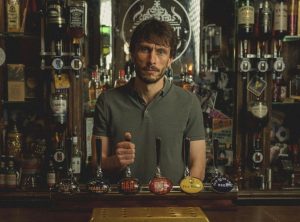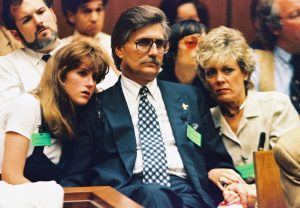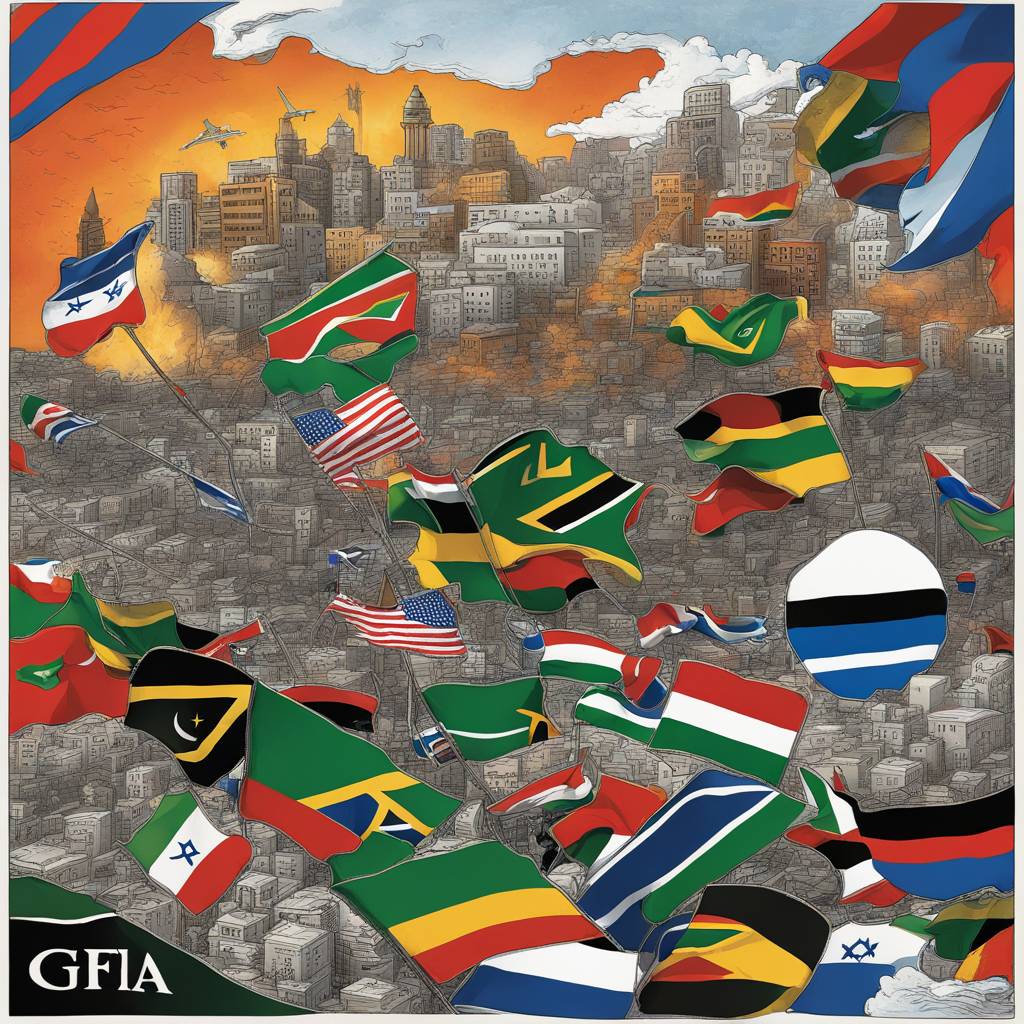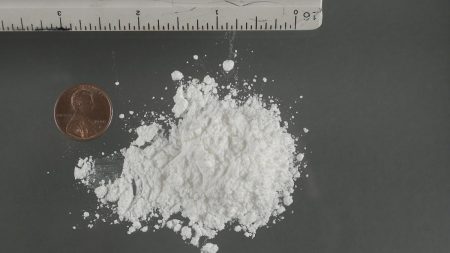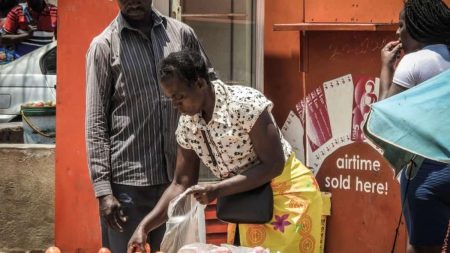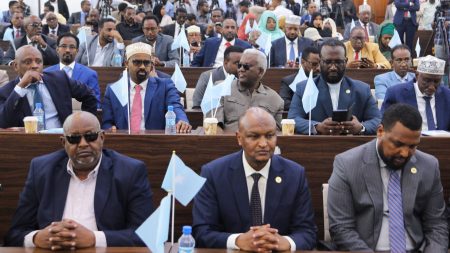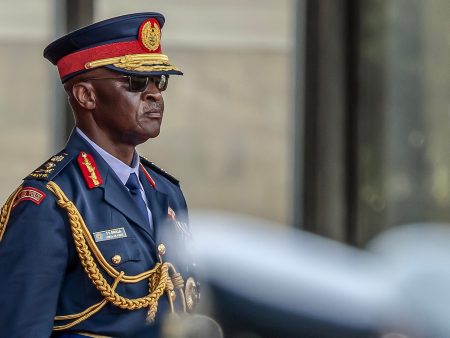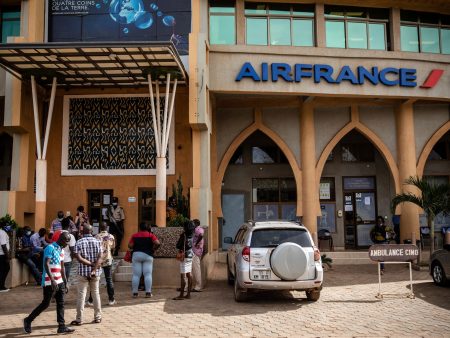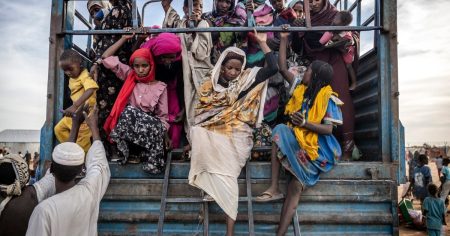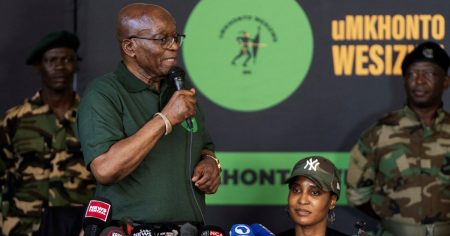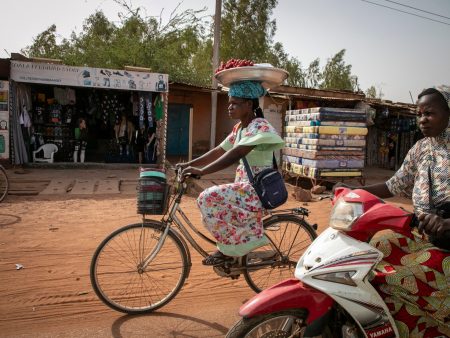The United States House of Representatives is currently reviewing a bill that calls for a reassessment of the country’s relationship with South Africa, amidst growing tensions between the two nations. The bill, known as the US-South Africa Bilateral Relations Review Act, was introduced in February and highlights South Africa’s interactions with entities such as Hamas, Iran, China, and Russia. It accuses the South African government and ANC leaders of making anti-Semitic and anti-Israel statements, referencing the country’s stance on Israel’s occupation of Palestine. If the bill is enacted, US President Joe Biden is expected to submit a report with the findings of the reassessment of relations to Congress.
South Africa’s Foreign Minister Naledi Pandor recently visited Washington, DC, in an effort to address the strained ties with US Congress members. Pandor expressed concerns over America’s expectations for South Africa to follow its positions and speculated that the bill may be a response to South Africa’s stance on Israel’s actions in Gaza and the genocide case brought against Israel at the International Court of Justice. She emphasized that the accusations made in the bill regarding the ANC’s relationship with Hamas are false and reiterated South Africa’s commitment to peace and negotiation in foreign policy.
Recent incidents have added strain to the relationship between the US and South Africa, including accusations that South Africa supplied weapons to Russia during its war against Ukraine and pressure from the US to stop using Chinese company Huawei’s equipment on its networks. Despite these challenges, cooperation between the two countries remains crucial. South Africa is the US’s largest trading partner in Africa, with numerous American businesses operating in the country. The two nations have signed cooperative trade agreements such as the African Growth and Opportunity Act (AGOA), which provides duty-free access to the US for sub-Saharan African countries.
While the potential threat of removal from AGOA looms over the US-South Africa relationship, it seems unlikely that the US would jeopardize this partnership, at least in the current administration. Both countries have collaborated in various areas, including their joint response to COVID-19 and climate-related initiatives to reduce carbon emissions. The US sees South Africa as an important intermediary in international affairs, particularly during times of political unrest in other African nations, relying on the country’s diplomatic influence. Pandor emphasized the importance of repairing the relationship between the US and South Africa, highlighting the established basis of partnership that has been built over many years.
Overall, despite the challenges and tensions between the US and South Africa, the two countries have a longstanding relationship that is vital for both nations. Cooperation extends beyond economic ties to include collaborative efforts in areas such as public health, environmental conservation, and international diplomacy. While the current bill in the US Congress signals concerns about South Africa’s foreign policy positions, the relationship between the two countries remains significant and worth protecting. Both nations will likely continue to work towards maintaining their partnership despite political pressures and differences in opinion.

